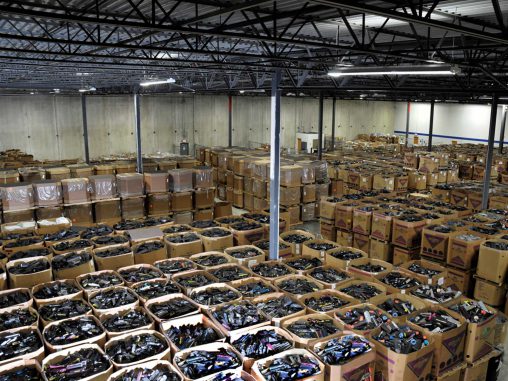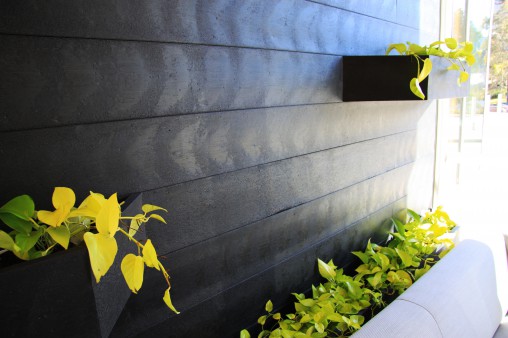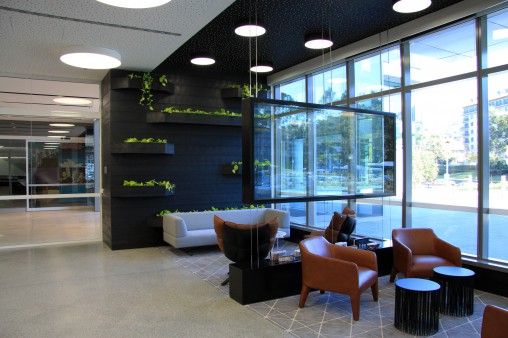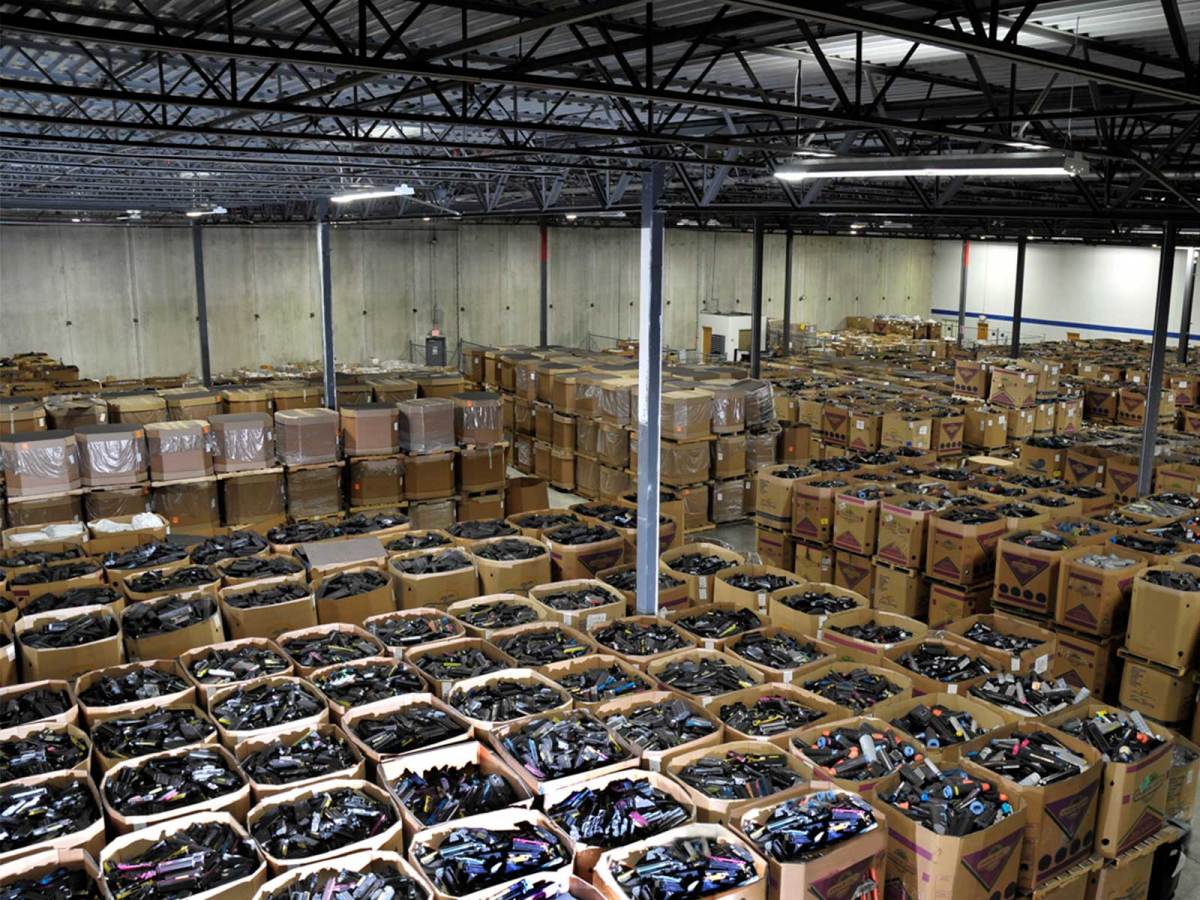Canon has saved six million printer cartridges from landfill thanks to the project ‘Cartridges 4 Planet Ark’ which ensures ink, laser cartridges and toner bottles are responsibly recycled.
With 30,000 recycling points nationwide, including at key electrical retailers Harvey Norman, Dick Smith, JB Hi-Fi and The Good Guys, 1,718 tonnes of waste has been collected, the equivalent of 16 space shuttles. If theses products are sent to landfill they can take between 450 to 1000 years to break down.

“This achievement demonstrates to retailers and customers the significant impact of their recycling efforts to-date including the development of several new products using recycled materials,” said Janet Leslie, sustainability manager, Canon Oceania.
“Canon is committed to working closely with our partners to make a positive environmental impact by recovering resources and reducing the volume of waste entering landfill. This is also an increasingly important factor for consumers in their purchasing decision.”
The recycled waste has been repurposed into new products such as an asphalt called TonerPave, pens, rulers, and into eWood applications such as park benches, fencing and signs.

“Right from the start, our aim was to ‘close the loop’, reducing our impact on the environment by ensuring that the materials from the Cartridges for Planet Ark program are repurposed into new products.
“We have recently installed a planter wall made from eWood in our new headquarters at Macquarie Park and we are inspired by the possibilities of TonerPave. We encourage individuals and retailers to continue their enthusiasm in supporting the Cartridges for Planet Ark Program,” Leslie said.
The recycled products could also prove to be a shot in the arm for Australia’s economy if they are developed into innovative new products. Steve Morriss, founder and executive director of Close the Loop Limited, a partner of the project explains:
“Products using recycled materials such as TonerPave highlight how the green economy has the potential to lead the way in the embattled Australian manufacturing industry.” 
- Recycled planter wall at Canon head office

